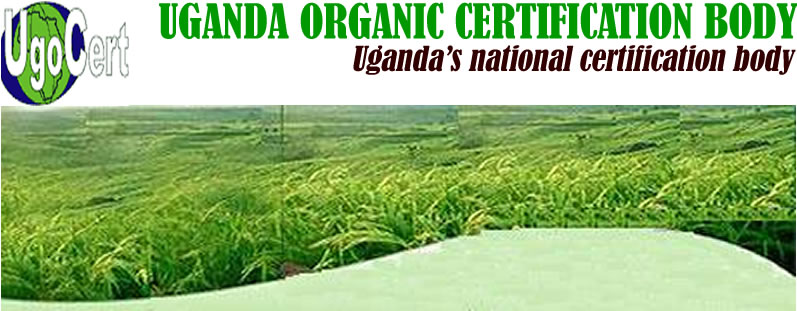There is more to organic agriculture than just being environmentally friendly- it’s also more sustainable. By using methods that are less damaging to the environment, organic agriculture can help preserve the planet for future generations.
What is organic agriculture?
Organic agriculture refers to a way of farming that focuses on preserving the environment. It typically uses methods that are less damaging to the environment, like recycling and composting, and leaves more space in farmland for native plants and animals. Some of the benefits of organic agriculture include conserving the environment and improving the quality of crops. The drawbacks of organic agriculture include that it can be more expensive, and it may not be able to produce the same amount of food as conventional farming.
Why is organic agriculture more sustainable?
Organic agriculture typically uses methods that are less damaging to the environment. For example, organic farming often relies less on synthetic fertilizers, pesticides, and herbicides. Additionally, organic farming usually leaves more space in farmland for native plants and animals.
One of the biggest benefits of organic agriculture is that it helps preserve the environment. Organic practices help to reduce the impact of human activity on the environment. Additionally, organic farming methods can help to reduce the amount of greenhouse gases that are released into the atmosphere.
Despite these benefits, organic agriculture does have some drawbacks. For example, organic farming can be more time-consuming than conventional farming. Additionally, organic crops may not be as resistant to pests and diseases as conventional crops. However, these drawbacks are generally outweighed by the benefits of organic agriculture.
What are the benefits of organic agriculture?
One of the benefits of organic agriculture is that it is more sustainable. Organic farming methods typically use methods that are less damaging to the environment, like recycling and composting, and leave more space in farmland for native plants and animals. Additionally, organic practices help protect biodiversity, which is important for maintaining a healthy ecosystem. Many health benefits are associated with organic farming, including reducing the risk of diabetes and cancer. Moreover, organic farming encourages a more humane treatment of animals, which can lead to better animal welfare overall. Overall, organic agriculture is a beneficial way to produce food that preserves the environment and helps protect human health.
What are the drawbacks of organic agriculture?
One drawback of organic agriculture is the high cost of certification. This can make it difficult for small farmers to adopt this type of farming method. Additionally, organic farming can be more difficult to scale up, due to the need for more land and workers with specialized skills. Another downside is that it’s not always possible to produce enough food using organic methods to meet the global demand for food.
How do organic farming methods conserve the environment?
Organic farming methods use less harmful chemicals and practices which protect the environment. These practices include, but are not limited to, recycling and composting. By doing so, organic farming is more sustainable than conventional farming.
Some of the many benefits of organic agriculture include the following:
1. Organic farming methods are environmentally friendly- they use less harmful chemicals and practices that protect the environment.
2. Organic farming methods leave more space for native plants and animals, helping to preserve ecosystems.
3. Organic farming methods conserve resources by recycling and composting.
4. Organic farming methods produce healthier food because they use less energy and water.
5. The economic benefits of organic farming are also noteworthy- organic farming is typically more cost effective than conventional farming.
Organic agriculture is a sustainable way to produce food that is important for the environment. It is less damaging to the environment, uses more sustainable methods, and leaves more land for native plants and animals.






